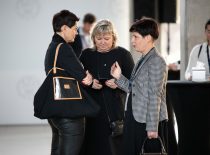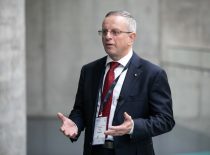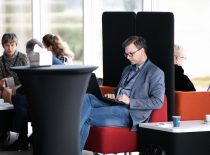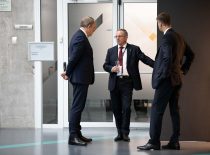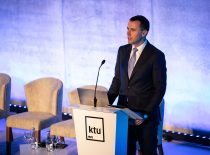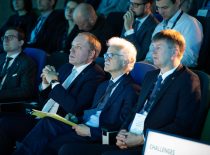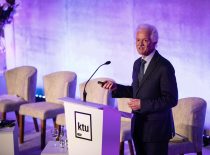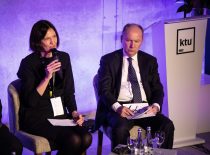The main topic of the conference Lithuanian Research and Industry 2020 is “Transforming industry for sustainable future”. The climate crisis is the biggest global threat that humanity faces. But despite action being demanded for years, many governments have continued to sustain an economy that is bad for the environmental. The is how European Grean Deal was born which proposed different way forward.
The European Green Deal provides a roadmap with actions to:
- boost the efficient use of resources by moving to a clean, circular economy
- restore biodiversity and cut pollution.
It outlines investments needed and financing tools available, and explains how to ensure a just and inclusive transition.
The main goal is for EU to be climate neutral in 2050. To do this, European Climate Law was proposed turning the political commitment into a legal obligation and a trigger for investment.
Reaching this target will require action by all sectors of European economy, including
- investing in environmentally-friendly technologies
- supporting industry to innovate
- rolling out cleaner, cheaper and healthier forms of private and public transport
- decarbonising the energy sector
- ensuring buildings are more energy efficient
- working with international partners to improve global environmental standards
The EU will also provide financial support and technical assistance to help people, businesses and regions that are most affected by the move towards the green economy. This is called the Just Transition Mechanism and will help mobilise at least €100 billion over the period 2021-2027 in the most affected regions.


